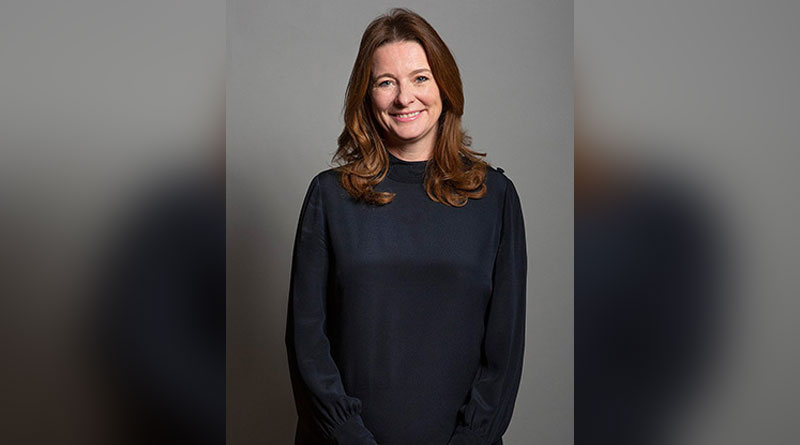MPs Show Their Support for The Future of the Social Care Workforce
Social care minister Gillian Keegan reassured the sector that it was “not an option” not to continue with investment in social care workforce development when she spoke at a reception in Parliament organised by the Adult Social Care APPG.
Asked if comments by candidates in the Conservative Party leadership contest pointed to a threat to the health and social care levy, under which £500m is pledged for workforce development over the next three years, the minister said there would have to be some other form of sustainable funding if the levy was dropped.
“It’s not really an option not to do it when you look at the demographics,” Keegan said. “It would be irresponsible not to do it.”
The minister was among 20 MPs and peers who attended the reception on 11 July, marking almost 12 months since publication of the APPG’s Vision and Value Report highlighting the key contribution that social care makes to people’s quality of life and to local livelihoods and economies.
Launching an update on the report, APPG co- chair Damian Green said there had since been welcome government announcements including the levy, which over three years committed a total £1.4bn to social care of which £500m was earmarked for workforce.
But Green said the government would need more nudging in the right direction and there were “battles to be had in the future” if the workforce was to be professionalised, properly rewarded and structured so that social care offered lifetime career opportunities.
He suggested there was a good case for social care employers to be required to match NHS Agenda for Change pay scales, helping recruitment and retention and fostering better integration of services. The sector needed to work with schools to promote careers in social care; there should be more cross-sector roles bridging social care and health; and businesses should be encouraged to offer social care workers the same discounts and other benefits available to NHS staff.
Green said that “huge further steps” needed to be taken. Karin Smyth, acting shadow care minister, agreed and called for a national workforce plan as a first step towards Labour’s vision of a national care service.
The reception heard passionate pleas from care workers and from people who draw on social care for due recognition of the skills that are expected of care staff in the 2020s. Helen Couchman, national convenor for members of the Unison trade union in Dimensions, a leading support provider for people with learning disabilities and autism, said: “Many colleagues are voting with their feet and leaving the profession.”
A clear tension emerged, however, between the drive for professionalisation of the workforce and a strong demand on the part of individuals and families who successfully employ personal assistants (PAs) that they need to retain the informality and flexibility of such arrangements.
Isaac Samuels, co-chair of the APPG’s working group, described how support from his own PAs had enabled him to transform his life after 10 years in and out of mental hospitals. He added: “And it has cost a hell of a lot less than traditional services.”
Keegan said that as social care work became more professionalized, and better rewarded, it would be essential not to lose the vital role that PAs performed in supporting many people so that changes did not “throw the baby out with the bathwater”.






